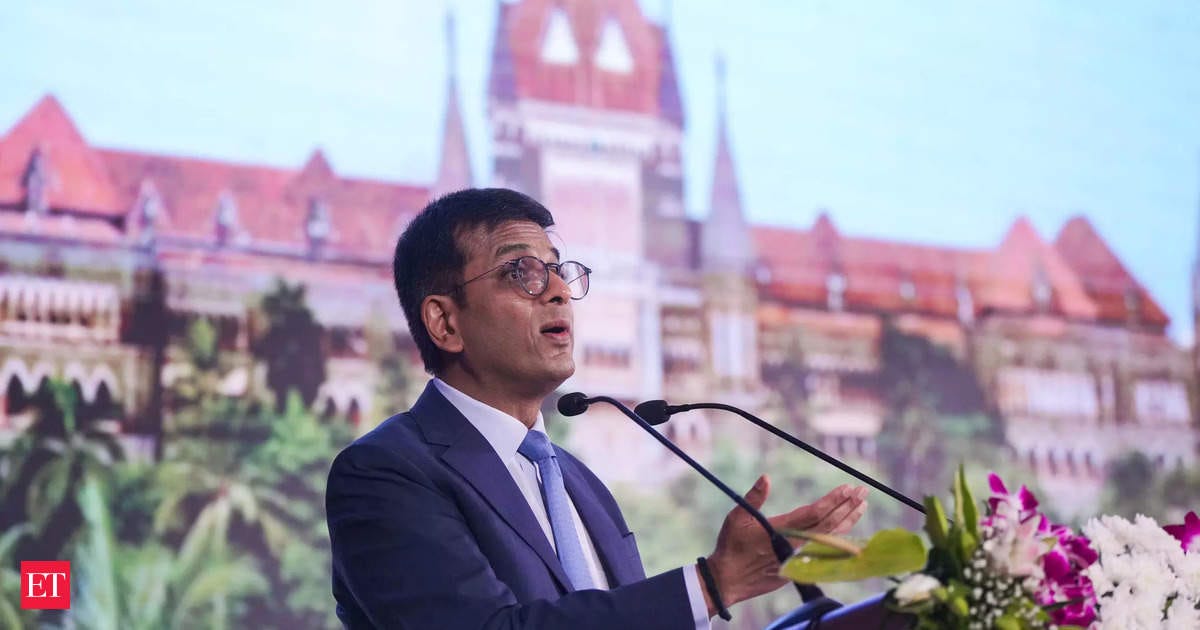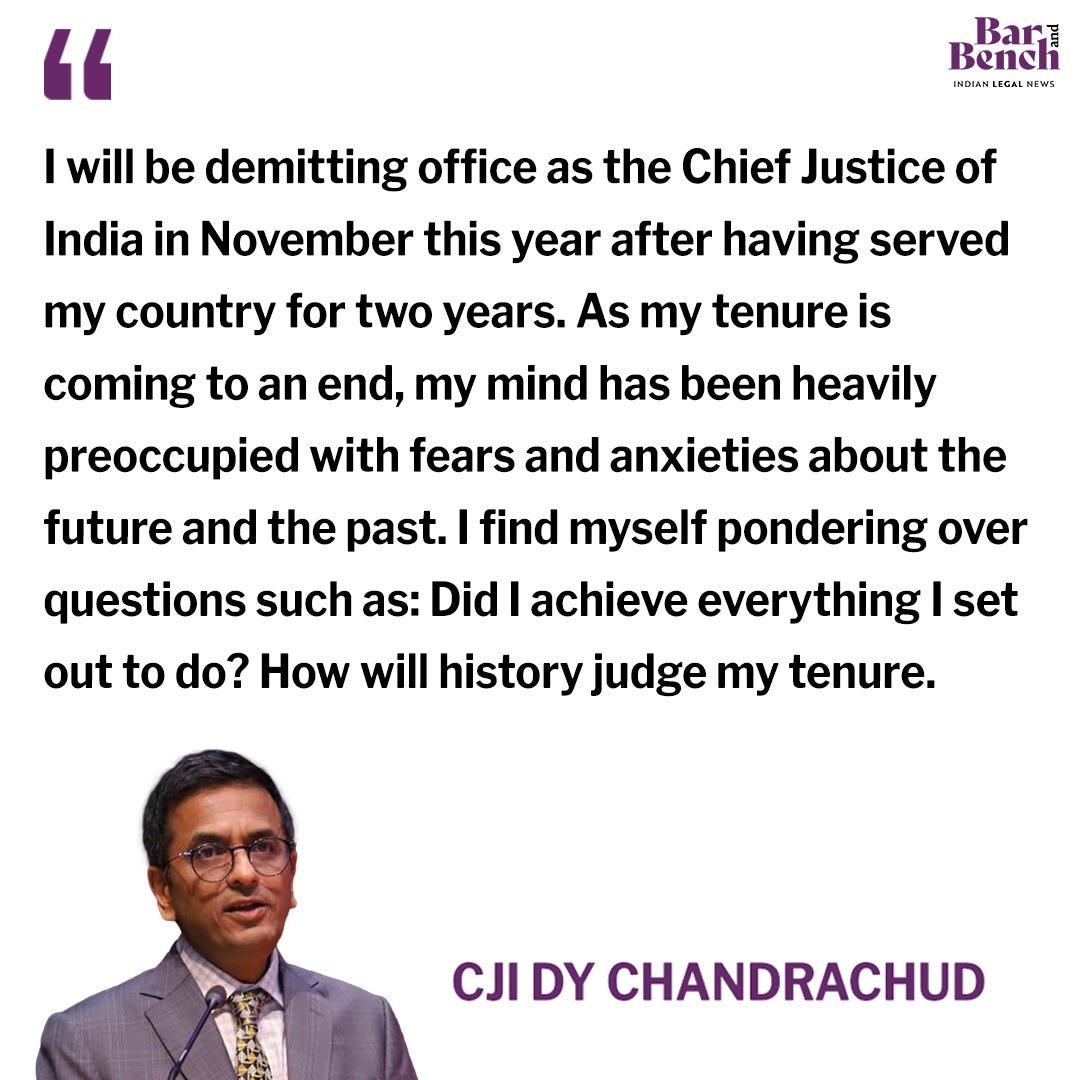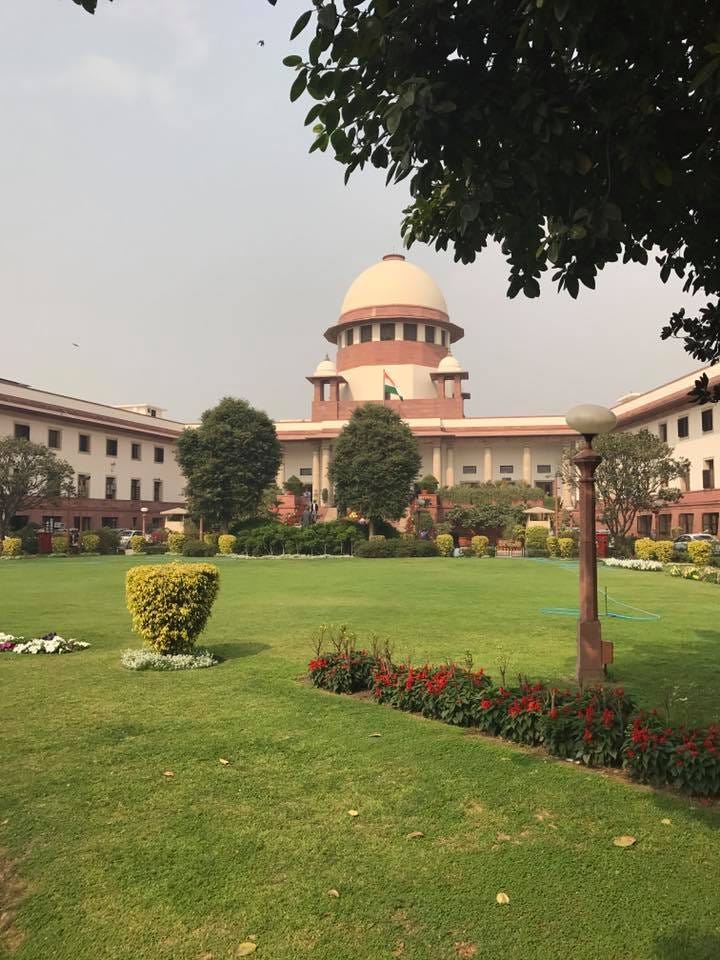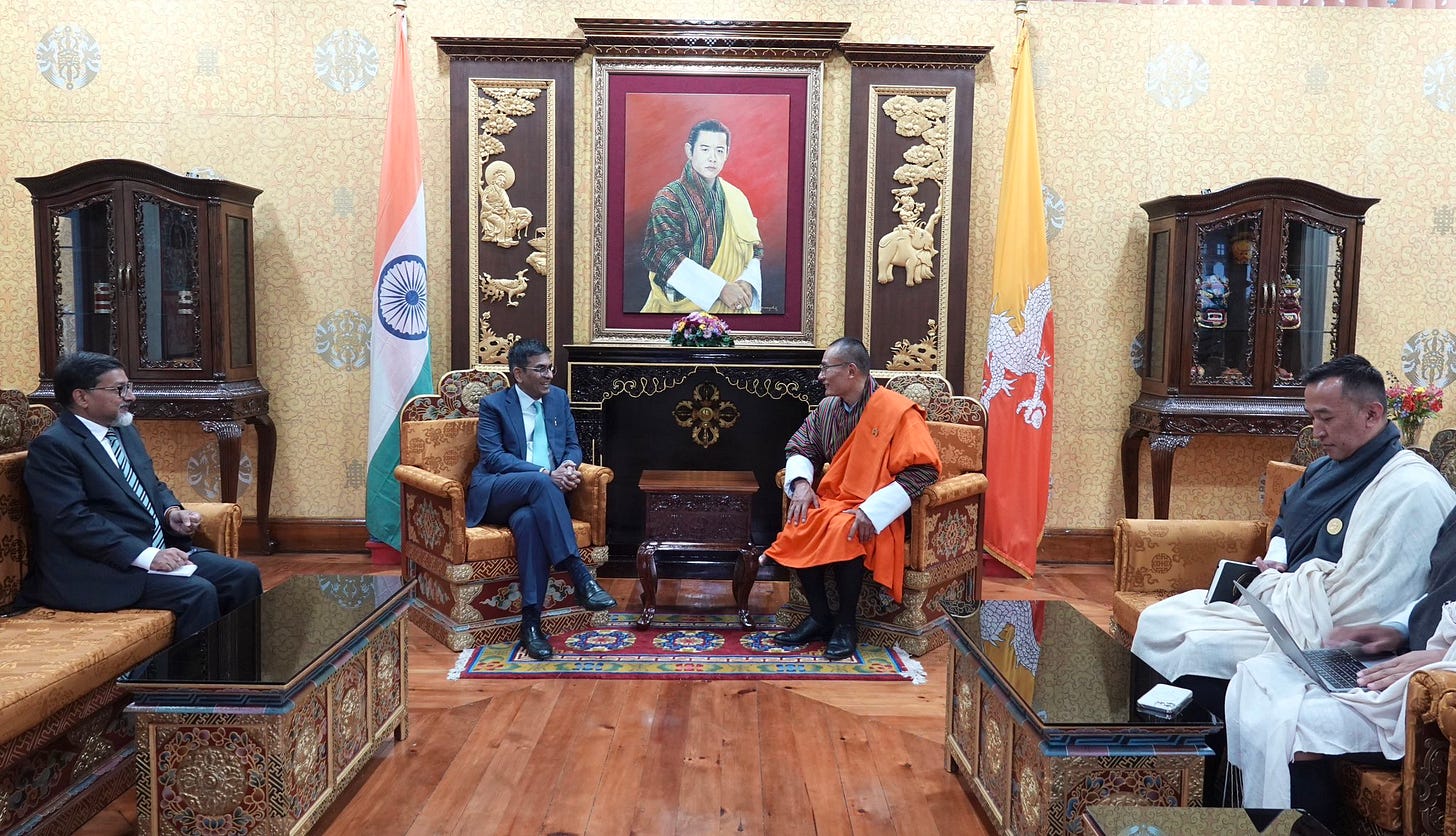Reflecting on His Own Journey: Chief Justice DY Chandrachud on Duty, Legacy, and History’s Judgment
CJI's Rumination: "As my tenure is coming to end, my mind has been heavily preoccupied with fears about the future and the past."
Legacy of Chief Justice DY Chandrachud: Balancing Duty and Reflection
As Chief Justice of India DY Chandrachud prepares to demit office on 10th November 2024, his recent reflections on how history will judge him bring to the fore questions that often accompany the conclusion of a significant public service career. In his speech at the JSW Law School convocation in Bhutan, the CJI shared his apprehensions about whether he fulfilled the goals he set for himself and how future generations of lawyers and judges will view his contributions. These reflections are natural for anyone in a high office, and as we approach the end of such journeys, the weight of legacy looms large.
Concerns of Legacy and Duty
CJI Chandrachud, like many leaders, pondered, "How will history judge my tenure?" This introspection speaks to the universal concerns of all who have held positions of great responsibility. Did they achieve enough? Could they have done more? These are questions I, too, grappled with as I approached my retirement after 37 years of service in the Indian Administrative Service (IAS). While we can prepare ourselves mentally for retirement, when the moment arrives, it often brings a wave of unexpected emotions and self-reflection.
The Chief Justice has been at the helm of crucial judicial decisions that affect over 1.40 billion citizens. He presided over landmark cases, including the debate on electoral bonds and the sub-classification of Scheduled Castes. His role as head of the collegium for judicial appointments and his stewardship of the judiciary’s independence placed him at the centre of Indian legal and constitutional development. Yet, despite these significant responsibilities and accomplishments, the CJI's questions reflect a deeper desire to ensure that his legacy remains intact and honourable in the eyes of history.
The Transition of Retirement: A Familiar Path
Retirement, as the CJI rightly notes, is inevitable but not necessarily easy. His departure on 10th November—a day before his 65th birthday—is well set. This mirrors my own experience of retiring on my birthday after a long career in the IAS. We all know the day is coming, but when it finally arrives, it often feels surreal.
In the CJI's case, the transition is particularly significant. The Chief Justice of India holds immense power and responsibility, not only as the master of the court roster but also as the head of the judicial system. The judiciary looks to the CJI for guidance, and the bar and bench both see him as a custodian of constitutional values. Yet, as the time to step down approaches, one realises a deeper truth: we, however high our positions may be, are merely transient figures in the grand scheme.
The world moves on, as Lord Tennyson aptly noted, "The old order changeth, yielding place to new." At a farewell ceremony, while many may offer glowing tributes, their thoughts are already shifting toward the next leader. It reminds me of a moment at a Chief Secretary's farewell, where a young IAS officer inadvertently said, “Now I request the President of the IAS Association to give a little momentum to the Chief Secretary,” instead of memento. The slip of tongue sparked laughter, but also served as a poignant reminder of the transient nature of power. Leadership transitions are inevitable, and linger too long, and many might be all too happy to give you that nudge forward!
Duty Without Attachment: Insights from the Gita
As CJI Chandrachud reflects on his legacy, it might be useful for him to turn to the timeless teachings of Lord Krishna in the Bhagavad Gita. Krishna teaches Arjuna the importance of doing one’s duty—one’s dharma—without attachment to the outcomes. This message is especially relevant for those in public service. It is not the accolades, honours, or recognition that define a fulfilling life, but the integrity with which one performs their duties.
The CJI’s reflections also resonate with the wisdom of the Sri Guru Granth Sahib, which teaches that a true person takes both honour and dishonour in stride, unswayed by fortune’s ups and downs. In a world where opinions shift and external validation is fleeting, the real measure of a person’s legacy is their internal peace and moral integrity.
The Chief Justice’s role is critical, but no one role defines the entirety of one’s life. If he has performed his duties sincerely—without fear, favour, or anticipation of rewards such as post-retirement positions, honorary doctorates, or Padma awards—then his legacy is secure. However, if there has been any disparity between his words and actions, history may not be kind. As with all public figures (see video), it is not the title but the substance of his decisions and leadership that will stand the test of time.
The True Immortals: A Legacy Beyond Office
As the CJI contemplates his place in history, it is worth remembering that true immortality lies not in the positions we hold but in the impact we leave behind. Kings and emperors have built grand monuments to immortalise themselves, but the true immortals are those like Guru Nanak, Buddha, Jesus Christ, and Prophet Mohammad (PBUH)—divine personalities who continue to live on in the hearts and minds of millions, long after their physical departure from this world.
Even modern figures like Oprah Winfrey remind us that “the true legacy is the pleasant thoughts and memories you leave in the hearts and minds of the people.” Monuments and titles may fade, but the impact one has on humanity and society endures. This, perhaps, is the ultimate lesson for the outgoing CJI.
Looking Ahead: The Platinum Period of Life
CJI Chandrachud’s tenure may be nearing its close, but his journey is far from over. His post-retirement years can be an opportunity to make further contributions to society, unfettered by the trappings of office. His true legacy may well be carved out in this new platinum phase of his life.
While the formal title of Chief Justice will soon be relinquished, the respect and admiration he has earned, through sincere dedication to his constitutional duties, will endure. The journey of a nation is ongoing, and while many important judicial decisions were made during his tenure, much remains to be done. His contributions, combined with the legacy of his peers, will continue to shape the future of India’s legal landscape1.
In wishing him good health, success, and fulfilment in his post-retirement period, we hope that his reflections on legacy bring him peace and a sense of accomplishment. After all, history judges, but one’s true legacy is also formed by one’s own conscience and dedication to duty2.
Top Twelve Retirement Tips
Retirement is a major milestone in a person’s life, marking the end of their professional journey and the beginning of a new chapter. For career civil servants in India, retirement often comes after a long and distinguished service in government, such as in the IAS, IPS or IRS (Income Tax). While this job provides a sense of job security, prestige, and …
Retirement is Just the Beginning: Superwoman's Next Adventure
Retiring but not Retreating: The Story of a Superwoman







